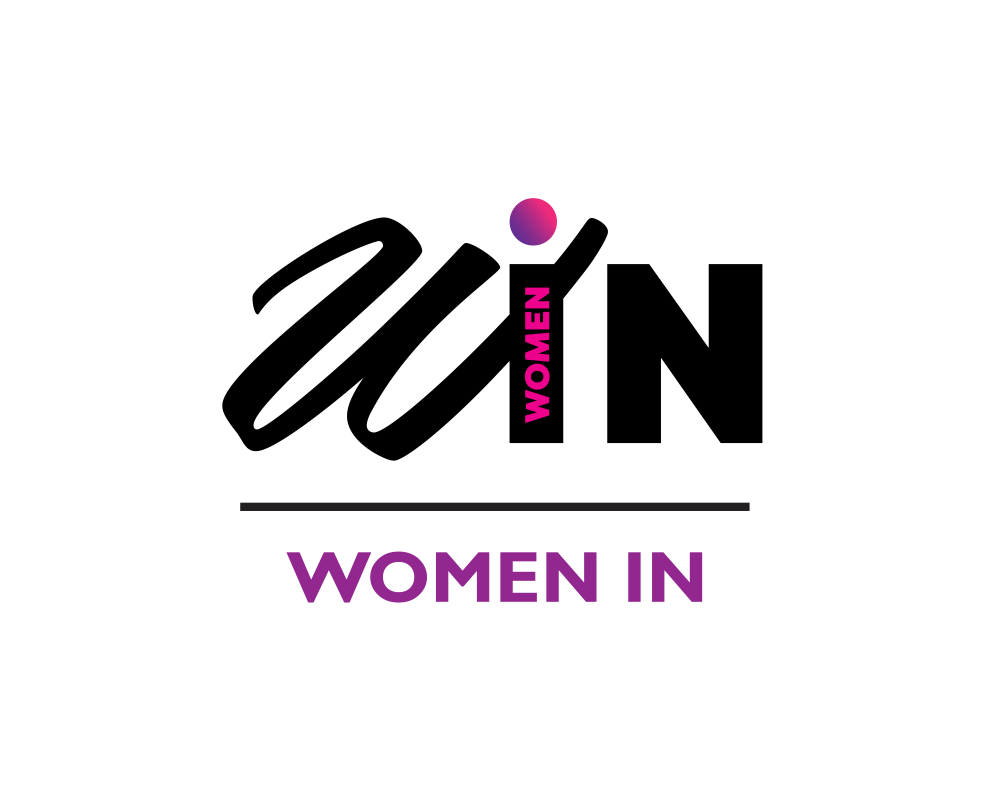Why are women still unequal, even though they legally have human rights?
This is a question I’ve been reflecting on this week, especially in the wake of Nelson Mandela Day, a moment meant to honour freedom, justice and the human rights so many fought for in South Africa. I reflected on the freedom it brought for this nation’s women, and not to mention, women of colour.
However, despite having one of the most progressive Constitutions in the world, meant to sew the principle of equality into the nation’s legal blanket and prohibit discrimination based on gender, inequality persists.
On paper, South African women are free and equal. However, in practice, the story is a lot more complex.
Have you read?
Honouring Mandela’s Legacy by Uplifting Women
Women make up the majority of the South African population, yet according to the PwC’s 2023 Executive Directors Report, fewer than 1 in 5 CEOs are women.
While there are many reasons for this disparity, including historical exclusion, systematic design or societal beliefs, the answer to the question comes down to just one factor: Access.
Access opens the door, equality walks through it
Access is the first step. It opens the door and simply equality walks through it.
Women in South Africa face disparities in access as it pertains to economic opportunity, education, digital connectivity, land ownership, healthcare and leadership roles. As a result, women are forced to perpetuate a cycle of poverty and dependence. Women are underrepresented in the workforce, especially in STEM fields, and overrepresented in low-paying sectors.
Women occupy a meagre 32% of managerial positions, despite being a majority of the population, and perhaps the question of access has quite a bit to do with that.
If we remove barriers to access, we can give people the ability to show up, to lead and to compete in a system that has them in mind. For example, most institutions were built by and for men, not taking into account women’s realities. This is why economic and legal tools, including gender-transformative policies, are so essential.
Have you read?
Building a united Africa: A call for gender-inclusive leadership
Unleash access, unleash innovation
Suppose we dismantle barriers to access and create spaces that champion empowerment and inclusion. In that case, we can increase the representation in the room and turn the poverty cycle into a cycle of empowerment: one that dismantles centuries of inequality and ensures equitable access to resources and ensures the race is run with a levelled starting line.
When we give access to previously excluded groups, we challenge the status quo, we shift policies, reimagine leadership and grow the circle of influence. Before we talk about equality of outcomes, we must first ensure equality of entry.
When we remove barriers, we unleash innovation, expand talent pipelines, and build stronger, more resilient communities. Access gives women the power to fully participate in shaping the economy, society or their own lives. Without access, equality remains a theory. With it, we begin to build a world where everyone has a fair shot.
If our social and institutional systems cannot deliver on the equality the law promises, then it is up to us to step in, break barriers and create access.
Be in the room.
Join the women, the leaders and the barrier-breakers rewriting the future. Get your ticket for WomenIN Festival 2025, happening 13–14 November in Cape Town, because access starts with showing up and the future belongs to those who do.
















